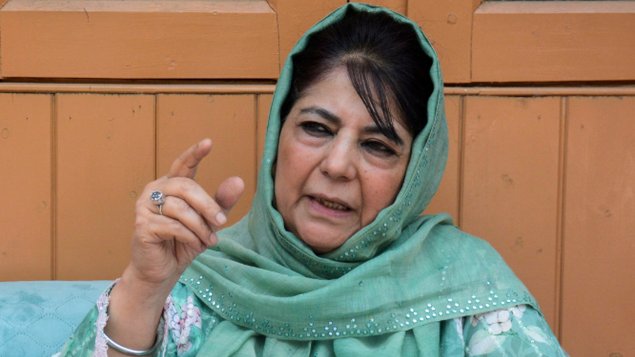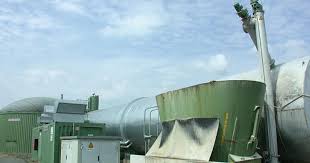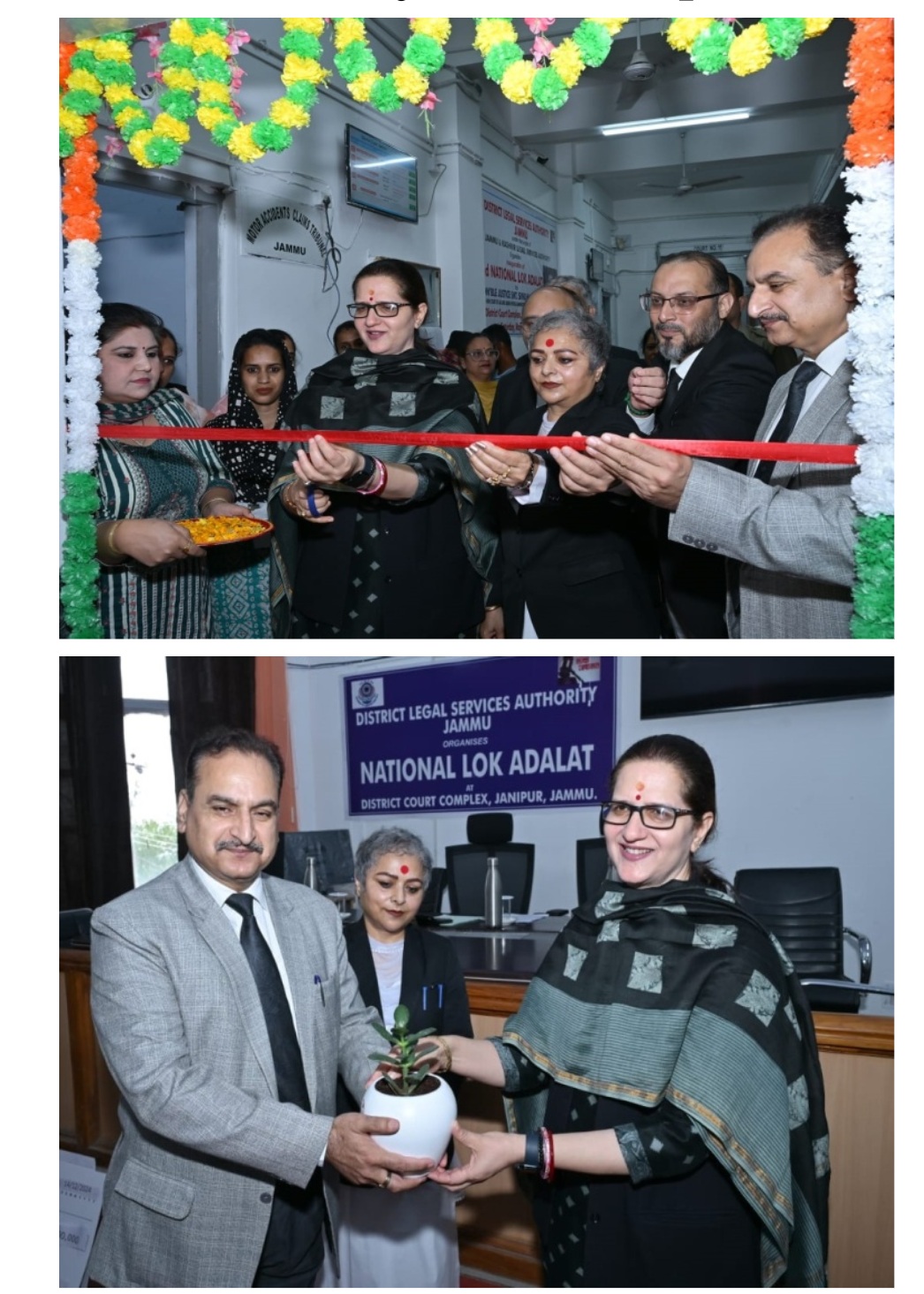NEW DELHI: Industry body Indian Biogas Association (IBA) on Sunday hailed the government’s decision to hike the procurement price of compressed biogas, saying the move will meaningfully support unlocking the latent value of the sector.
However, it stated that the hike is less than the anticipated and hoped for another upward revision soon.
The petroleum ministry has revised upward the CBG procurement price from Rs 1,380 per Metric Million British Thermal Unit to Rs 1,478/MMBTU, with effect from June 1. The revised rate will be effective till October 31, 2025.
This move demonstrates greater appreciation for the economics of the industry and will meaningfully support unlocking the latent value of bioenergy in India, IBA said in a statement.
Gaurav Kedia, IBA Chairman, said: “This change in price is a step in the right direction for CBG developers as it corresponds with their reality. However, a higher revision was anticipated, considering the economics of the production, which can also shoulder CBG’s long-held aspirations of contributing to the sustenance of India’s energy independence by fastening progress on existing and new developers in the industry.”
According to Kedia, while a parity with CNG at pre-tax level is achieved with the announcement, there is an urgent need of further upward revision to honour and provide premium to the greener molecule.
He also suggested “formulating a green certificatation framework with cap and trade should be mandated for companies having higher carbon footprint is the way forward”.
IBA in its statement said that a further upward revision could play a crucial role in improving return on investment for entrepreneurs and MSMEs, scaling up decentralised CBG production across rural India, attracting institutional finance and FDI into the sector, and accelerating progress toward national targets on clean mobility, waste management, and energy self-reliance.
The present step reaffirm the government’s objective of supporting the adoption of cleaner fuel, facilitating economic development in rural areas, and advancing the country’s circular carbon-neutral economy, it added.




















